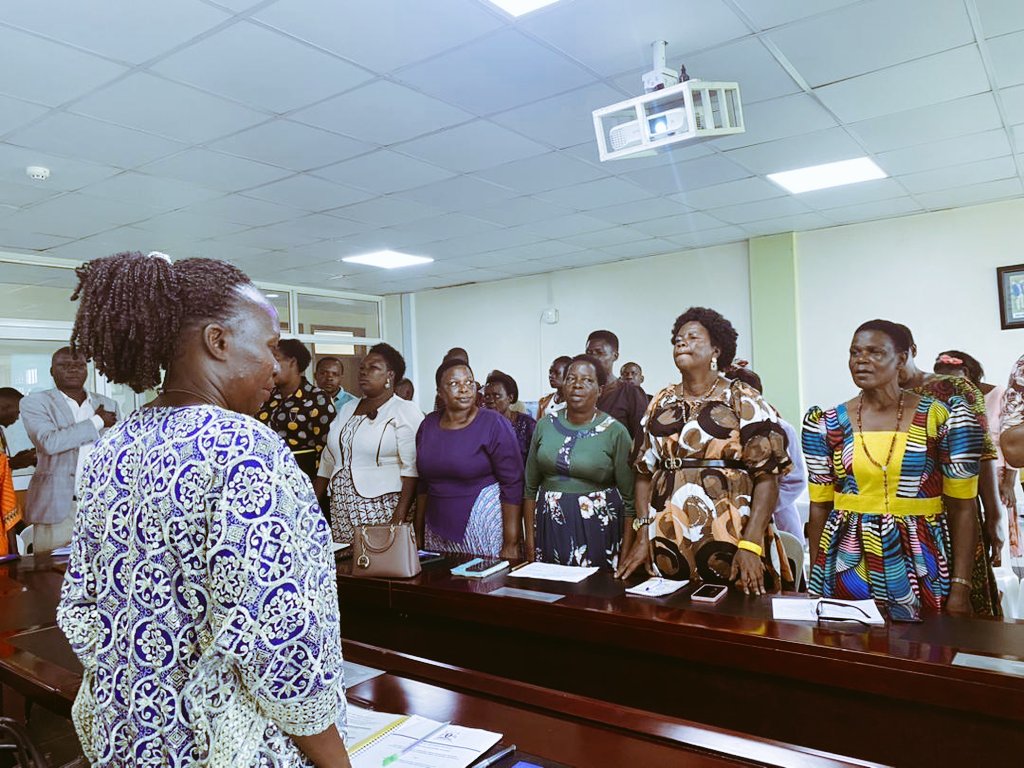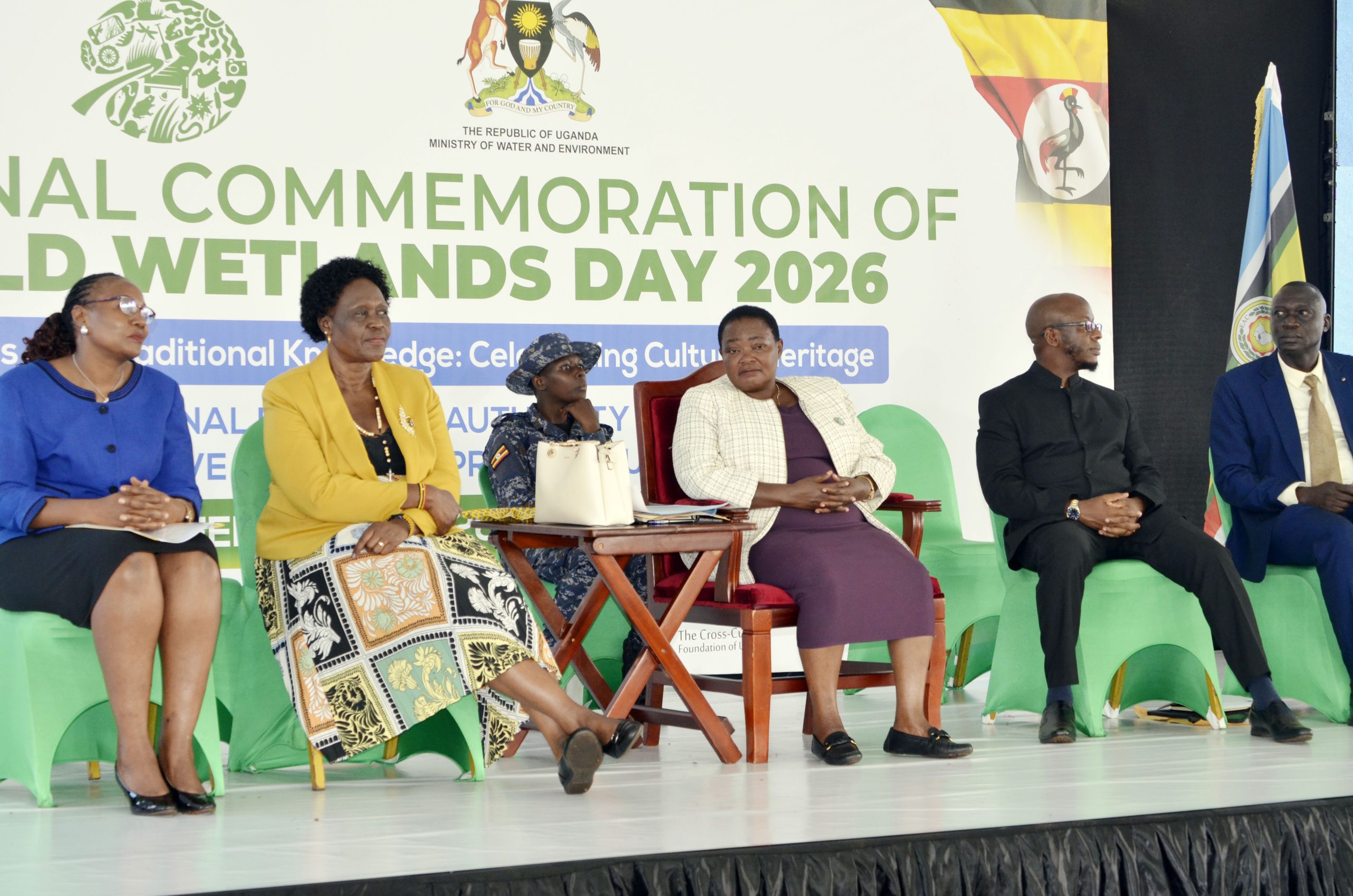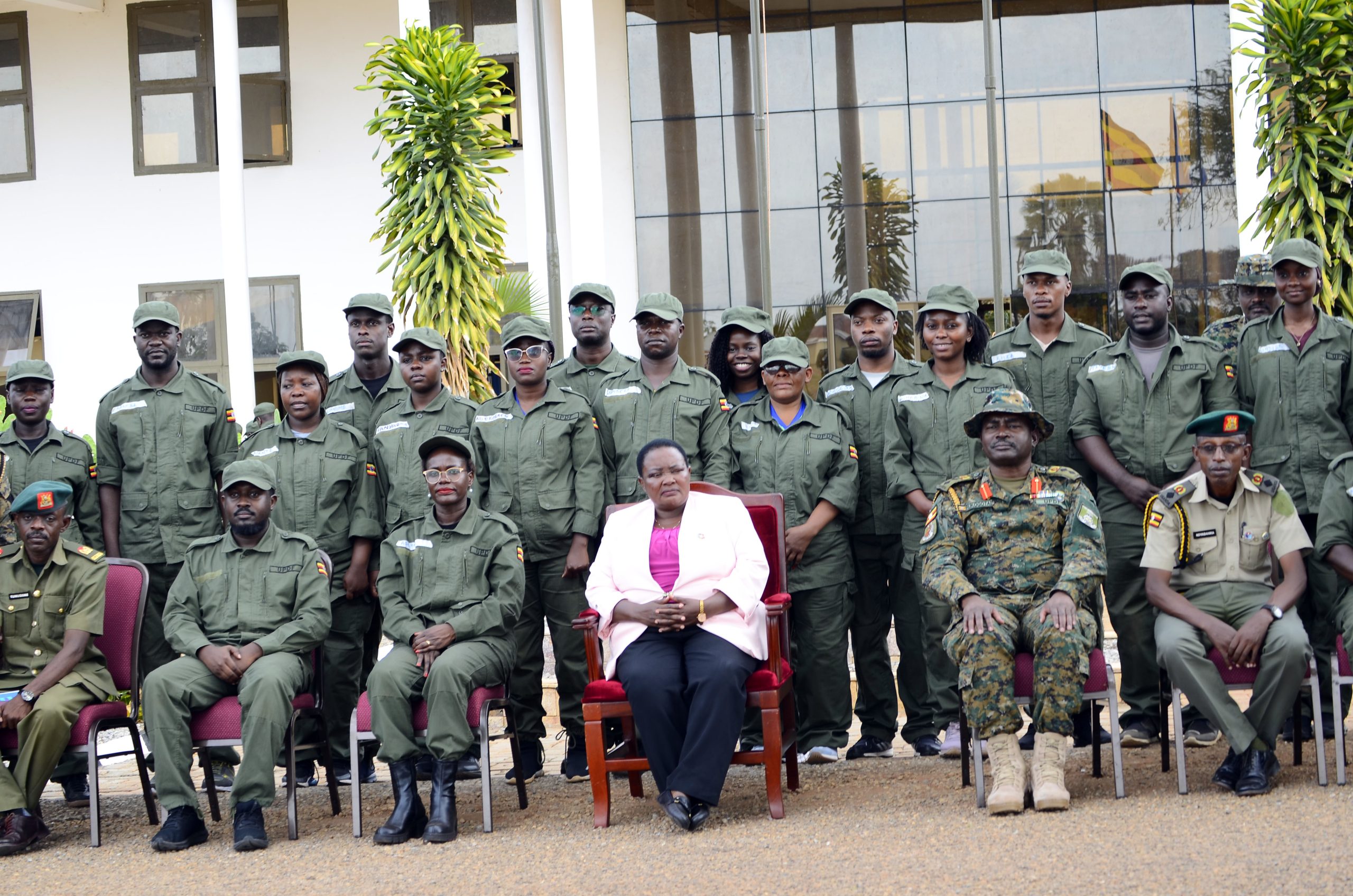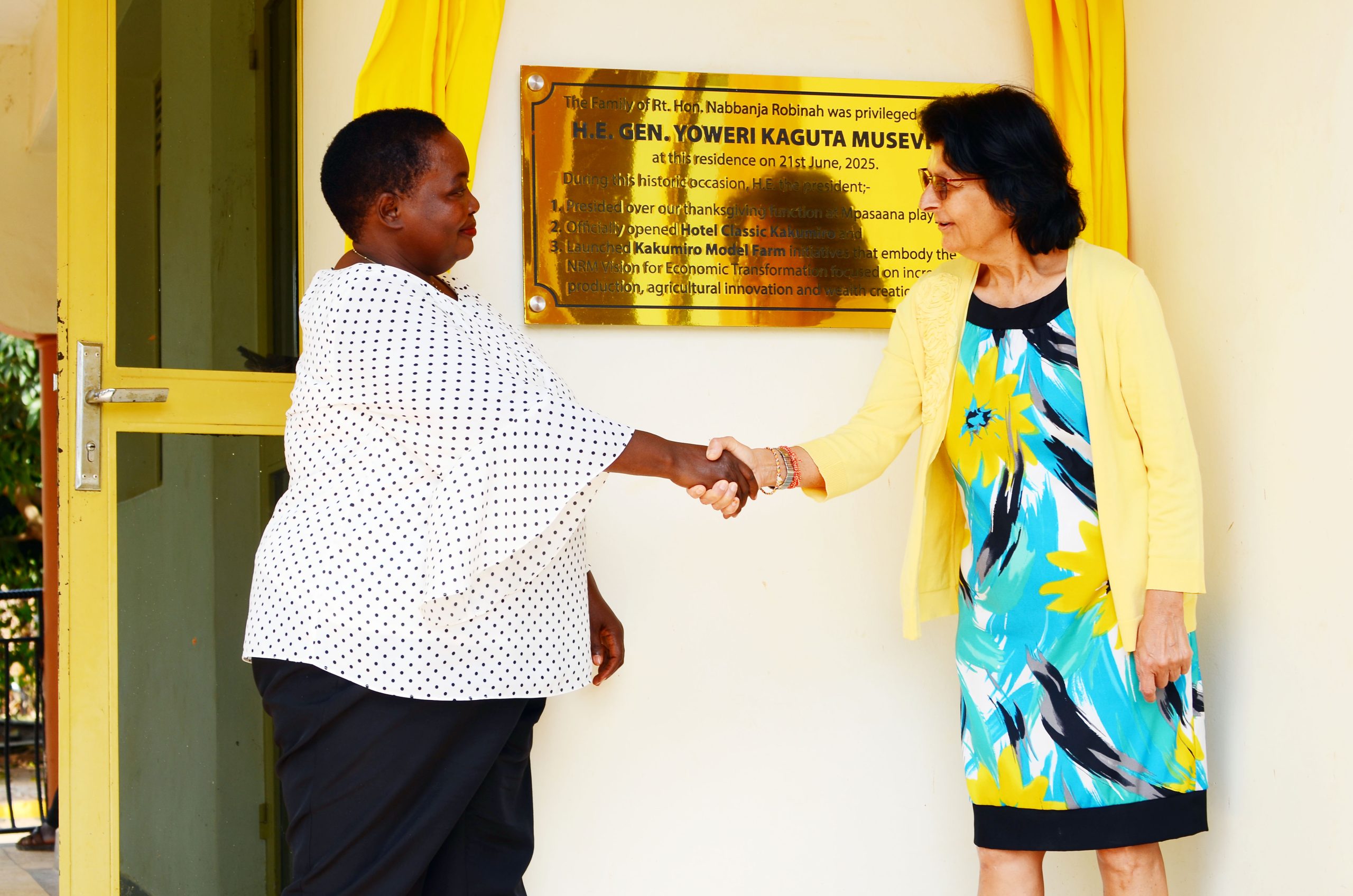By: Jotham Alinaitwe
HOIMA
Minister of State for Bunyoro Affairs, Hon. Jennifer Namuyangu has challenged leaders in Bunyoro sub region to make use of the available government programmes for socio-economic transformation.
“The NRM government has put in place several programmes aimed at empowering the local person especially those still outside the money economy to start producing for the market and reduce subsistence livelihoods,” said Namuyangu.
The Minister made the remarks recently while meeting with women, youth, and technical leaders of Bunyoro sub-region at Hoima District Hall in Hoima City.
The objective of the meeting was to discuss the Ministry’s budget priorities for the fiscal year 2024/25, as well as to address issues of accountability.
Namuyangu also sought input from the local community on current challenges affecting the region and devised means of addressing them.
She emphasized the importance of transparent governance and effective utilization of resources to drive development in Bunyoro.
The Minister sought to ensure that the Ministry’s budget allocations align with the needs and aspirations of the community, particularly focusing on initiatives that empower women, youth, and promote technological advancements in the region.
The meeting also provided an opportunity for the Minister to consult with key stakeholders on pressing issues facing Bunyoro, including infrastructure development, access to quality education, healthcare services, and economic opportunities.
By engaging with women, youth, and technical leaders, Namuyangu demonstrated her commitment to inclusive decision-making and collaborative governance.
The minister’s commitment to accountability, transparency, and community engagement sets a strong foundation for advancing the welfare and prosperity of Bunyoro sub-region.
The event was marked by a warm welcome from Margaret Ruhiigwa, the Chairperson of the Women’s League in Bunyoro Hoima District who thanked the government for always prioritizing women issues.
The interactive session allowed for open discussions, feedback, and suggestions from the participants, contributing to a more informed and participatory approach to policy making and resource allocation in Bunyoro.
End





